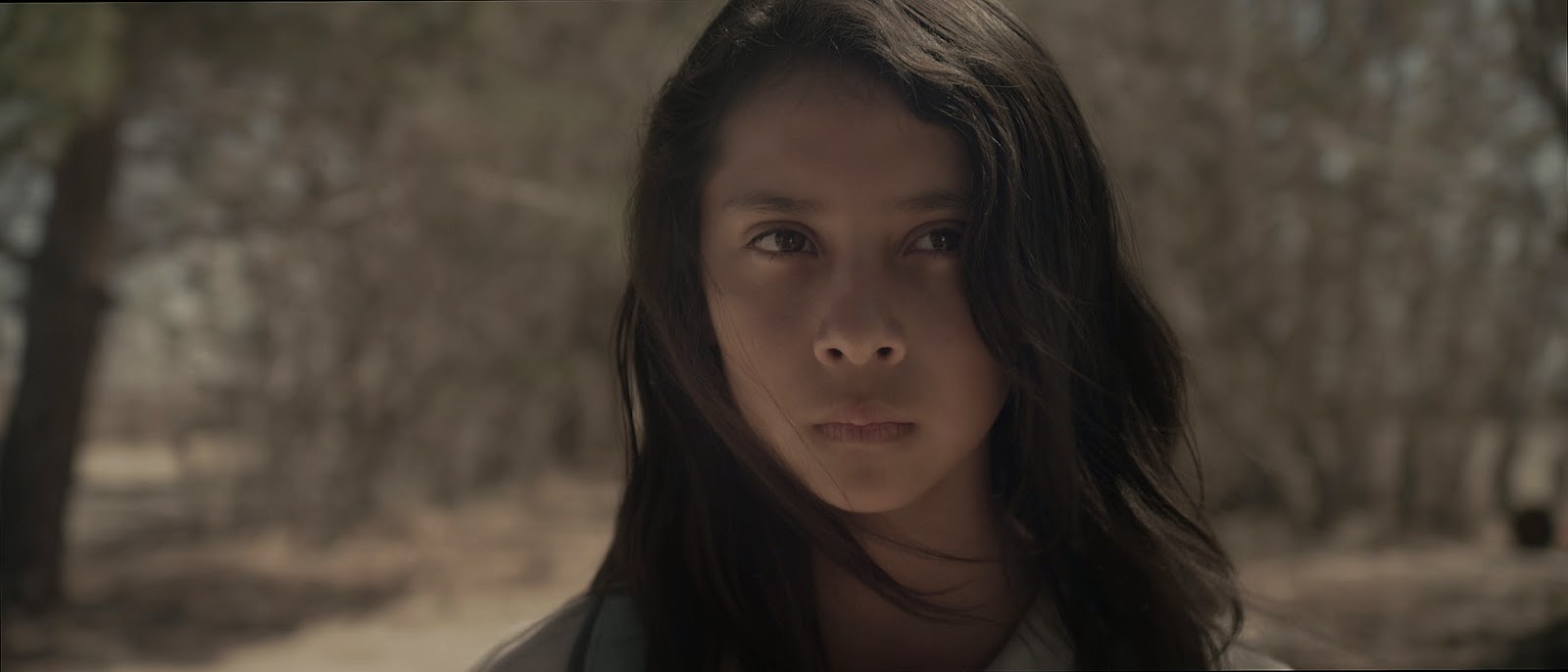 |
| Cecilia (Johanna Trujillo) in Lake Los Angeles. |
Dusts in the wind
By Miranda Inganni
Set in the desolate high desert of California’s Antelope Valley, Lake Los Angeles is a story of struggle and survival for two incongruous, but quietly complementary characters.
Francisco (Roberto Sanchez) is a Cuban immigrant long since distanced from his wife and family. When he is not doing various day labor jobs and writing poetic love letters to his wife, he uses his house as a temporary holding place for immigrants crossing into the US from Mexico. One such person is young Cecilia (Johanna Trujillo) whose mother has purchased her passage with a promise that her father will collect her upon her arrival.
Things do not go according to plan on these vast arid plains pricked with Joshua trees and littered with abandoned houses.
Francisco and Cecilia both came to this land in search, or with a promise, of something better, only to face disappointment. Cecilia’s promised life with a father who she has never met is turned topsy-turvy when she, in a sudden act of self-preservation, runs off into the expansive desert. To keep herself occupied and comforted, she whispers stories, legends she has heard, to an imaginary friend as she wanders in search of her father, any father – a little girl lost in an expanse of grit.
Directed by Mike Ott and written by Ott and Atsuko Okatsuka, Lake Los Angeles uses the location almost as another character. The area drives the actors to various actions. It elicits a practically palpable, desperate dryness that gets into everything and sets the tone carried throughout the enjoyable film.

